
by Gideon Marcus
If you've been following the papers this week, you can't have missed the biggest news: the tour of Madame Nhu, the sister-in-law of South Vietnamese President Ngô Đình Diệm, was pushed from the front page when a military coup toppled the Asian country's government and assassinated its head on November 2.


Rioting and looting followed but was quickly suppressed. The American government took a few days to decide on a diplomatic policy, but given our investment in the region (8,000 troops now), formal recognition was inevitable. It occurred on November 7, and a day later, the new South Vietnamese government divvied out top posts to leaders of the junta.

That a rebellion happened is hardly surprising given the arrogance and corruption of the Diệm administration. For months, students and monks have been protesting by the thousands, some of the latter even choosing to immolate themselves to send a message. But whether or not the new regime will govern any more acceptably is an open question (my prediction: no).

Speaking of changes that aren't, a couple of years ago, Fred Pohl took the helm of Galaxy, relieving its founding editor, Horace Gold. Though Pohl has made a mark with Galaxy's sister mag, IF, Galaxy remains a rather uninspiring shadow of its former self. This particular issue, the December 1963 Galaxy features a host of familiar A-listers and, for the most part, their work is rather tired:

The Star King (Part 1 of 2), by Jack Vance
The creator of the near-superlative The Dragon Masters returns with a tale illustrating the intersection of personal vengeance and cosmic justice. Thousands of years from now, the known universe is divided into two spheres: the inner worlds, where ambivalence and stagnation reign; and the great Beyond, where entrepreneurial spirit still lives, but so do a half dozen crimelords, who traffic in human misery. Kirth Gersen is a space vigilante who has dedicated his life to combating evil.
This is just Part 1, but already I see indications that this won't be the hit Vance's last short novel was. The first section is riveting, wherein Gersen meets Lugo Teehalt, a planet "locater" who (prior to the meeting) had discovered a planet more beautiful than Earth and, once he found he was working for Grendel the Monster, one of the crimelords, didn't want to expose the world to rapine. I would have been perfectly happy to read a story set entirely on Smade's Planet (the setting of the meeting) which features naught but a landing pad and a Smade's tavern.
Unfortunately, the remainder of Part 1 becomes a fairly standard Stainless Steel Rat/Retief-without-the-funny adventure story, the kind where the hero is always a two steps ahead of his adversary and explaining his methodology all the way. Also hindering the story are the superfluous interstitial pieces, literally pages from cosmic encyclopediae. I also found the lack of female characters particularly glaring. In fact, we only meet one near the end, a romantic interest. So unimportant is her own story that when we momentarily leave Gersen's viewpoint (which had been constant throughout) it is just to see what she thinks of Gersen!
Three stars so far, and a hunch it won't get better.
The Big Pat Boom, by Damon Knight

As the old adage goes, "charge what the market will bear," and in this story, the market is a host of purple aliens with a lot of cash to burn who express a passion for cow turds. So ensues a dramatic repurposing of the American cattle industry.
A fun ride that's very well told, but in the end, it doesn't quite manage to say anything. A wasted opportunity, but worth three stars.
For Your Information, by Willy Ley
Galaxy's professor has been running on low energy for a while, and this article, on the origin of constellation names, scrapes the bottom of the topic barrel. Only the Q&A offers tidbits of interest. It's a shame since Ley's column was a big reason I originally got a subscription to the magazine…good God…13 years ago! Two stars.
If There Were No Benny Cemoli, by Philip K. Dick

After Earth blows itself nearly to cinders, its colonies on Mars, Venus, and the surrounding stars come back to take over the planet's reconstruction. They also want to bring the apocalypse's perpetrators to justice. Such efforts are thwarted, however, when a revived sentient newspaper points the blame solely at a minor rabblerouser named Benny Cemoli, taking the heat off the real instigators.
I often like Dick, I sometimes love Dick, but this time around, I found the satire unfocused. Moreover, the idea of a newspaper that can create headlines out of thin air without need for reporters is ridiculous (though it turns out that the paper was actually being manipulated by the perpetrators, the implication is that this was not always so). Two stars.
Lullaby: 1990, by Sheri S. Eberhart
A song to be sung after the Bomb falls. It worked for me. Five stars.
And All the Earth a Grave, by C. C. MacApp

A coffin maker's marketing department finds its budget accidentally increased a hundredfold. Since budgets are made to be used, unprecedented promotions follow, and the company's casket sales go through the roof. And with all these coffins, you've got to find something to put in them…
Another manufactured demand story, like Knight's above, but not as good. Two stars.
In the Control Tower, by Will Mohler
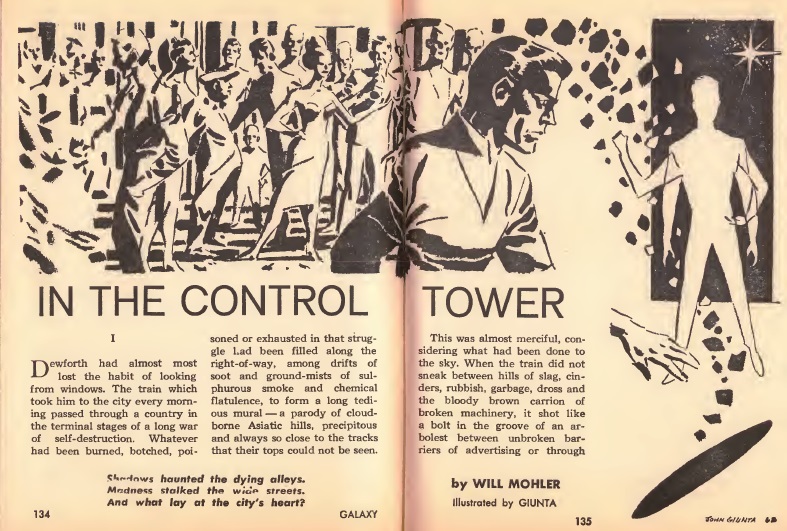
A poor man's 1984 following the ill-fated journey of an urban draftsman who tries to climb the mysterious floating tower in the center of his city. It starts with a strong moodiness but degenerates into haphazard incomprehensibility — another experimental piece that trades substance for style. Two stars.
No Great Magic, by Fritz Leiber

It's been a while since Leiber returned to the world of The Big Time, the war waged across time between the Snakes and the Spiders over humanity's history. Here we catch up with Greta, a former Spider U.S.O. performer who has lost her memory and sought refuge with a Manhattan play company. This troupe insists on exceedingly accurate costumage and manner, for reasons you'll quickly discern.
Magic starts rough but picks up pace throughout. It is aided by author Leiber's utter familiarity with the stage, and I found the female viewpoint refreshing. Four stars.

I don't think this issue of Galaxy will inspire anyone to set themselves on fire, but neither will it inspire more than a tepid reaction from its readers. Maybe it's time for a revolution…

![[November 9, 1963] Change and Constancy (December 1963 <i>Galaxy</i>)](https://galacticjourney.org/wp-content/uploads/2018/11/blog631109cover-400x372.jpg)

![[November 7, 1963] This Performance Not Wholly Silence (John Cage and his art)](https://galacticjourney.org/wp-content/uploads/2018/11/631107cage1947-672x372.jpg)







![[November 5, 1963] Beginning to see the light (November 1963 <i>Gamma</i>)](https://galacticjourney.org/wp-content/uploads/2018/11/631105cover-660x372.jpg)

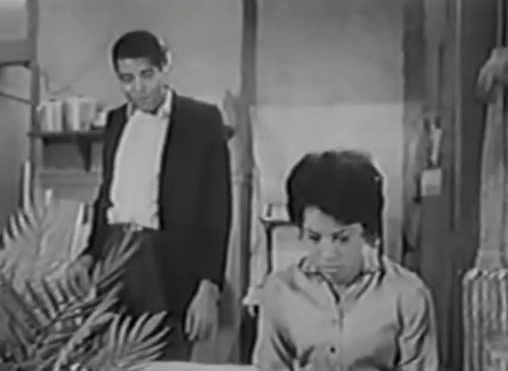







![[November 3, 1963] Listening To The Stars (the new Arecibo Observatory)](https://galacticjourney.org/wp-content/uploads/2018/11/631103aug181963-672x372.jpg)


![[November 1, 1963] Bitter taste (November 1963 <i>Analog</i>)](https://galacticjourney.org/wp-content/uploads/2018/11/631101cover-451x372.jpg)








![[Oct. 30, 1963] <i>Jim Knopf and Lukas the Train Engine Driver</i> by Michael Ende: A Classic in the Making](https://galacticjourney.org/wp-content/uploads/2018/10/631030Cover_Jim_Knopf_English.jpg)



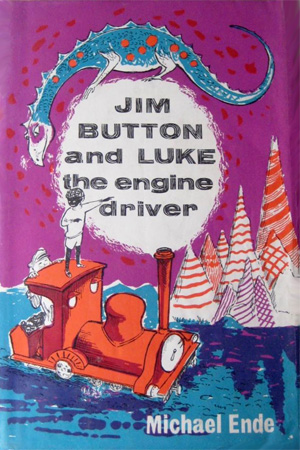






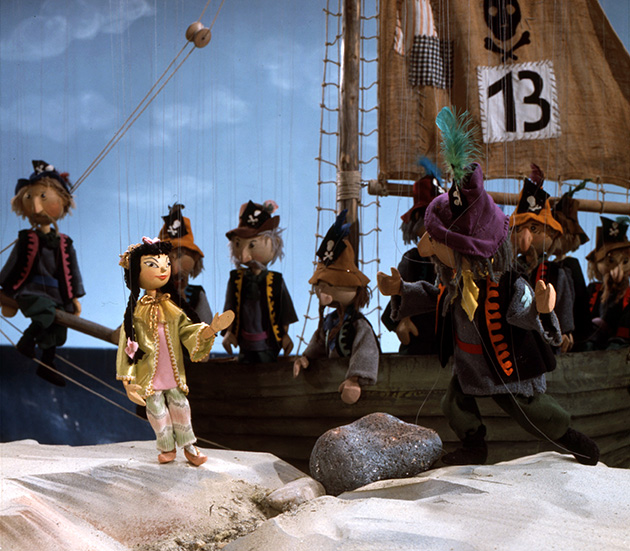

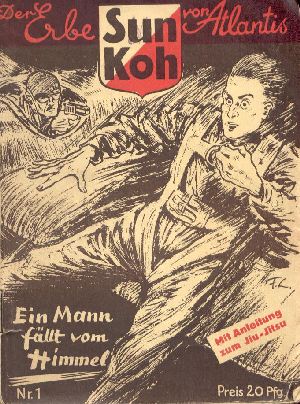

![[October 28, 1963] … Beatles, Spies and Spacecraft (<i>New Worlds, November 1963</i>)](https://galacticjourney.org/wp-content/uploads/2018/10/631028cover-667x372.jpg)





![[October 26, 1963] [Return to Form] (<i>Twilight Zone</i>, Season 5, Episodes 1-4)](https://galacticjourney.org/wp-content/uploads/2018/10/631026d-672x372.png)








![[October 24, 1963] Sounds Familiar (November 1963 <i>Fantastic</i>)](https://galacticjourney.org/wp-content/uploads/2018/10/631024cover-672x372.jpg)


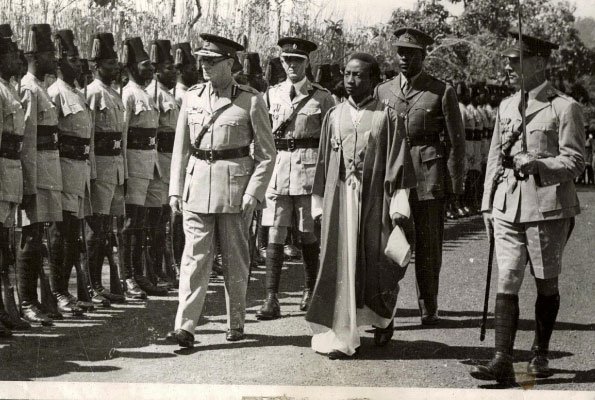

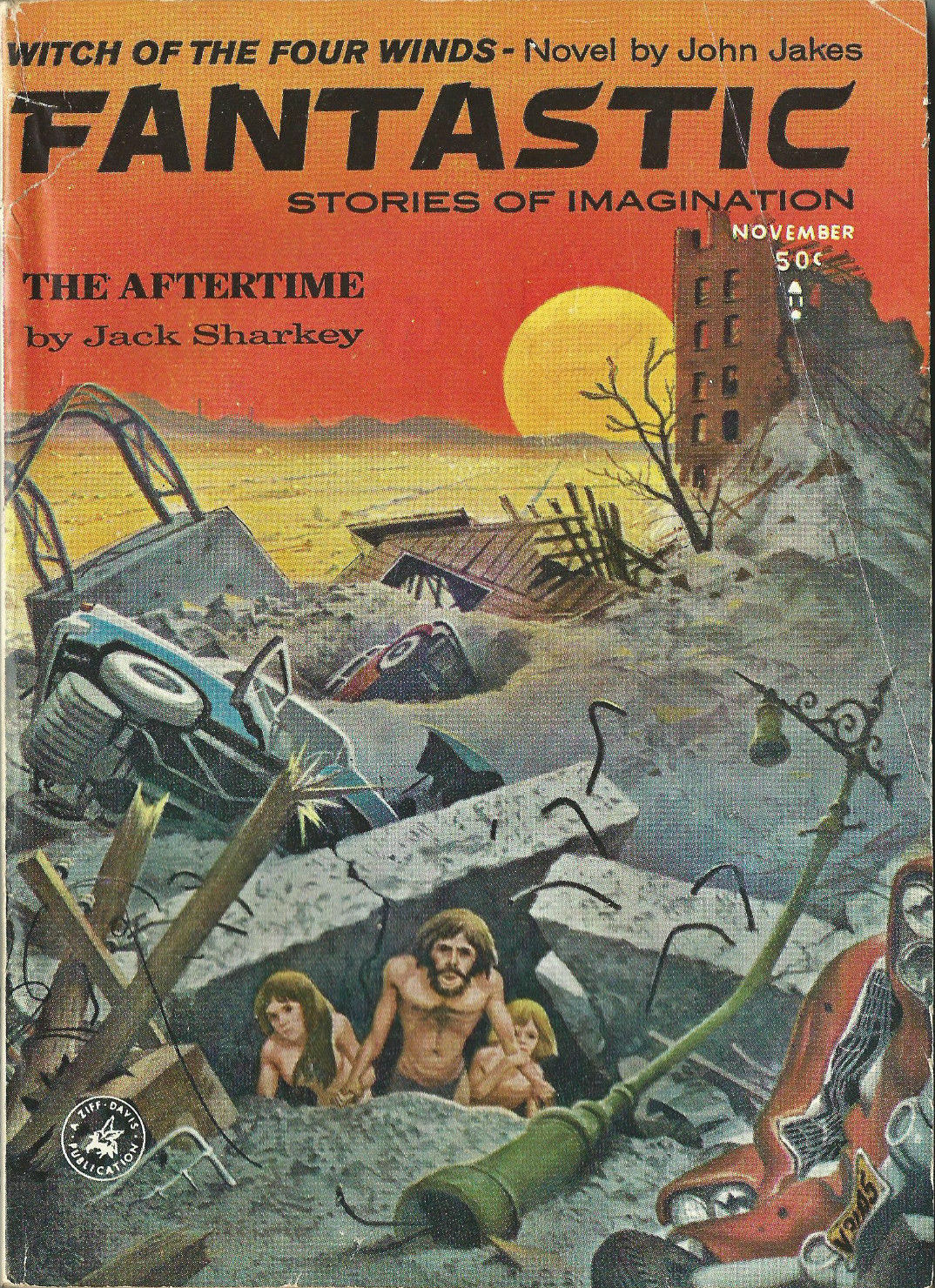
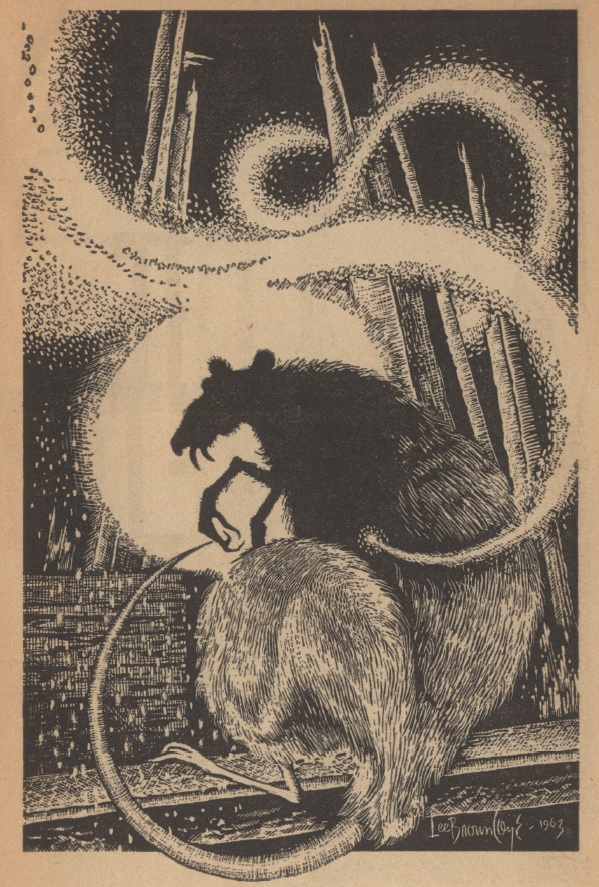

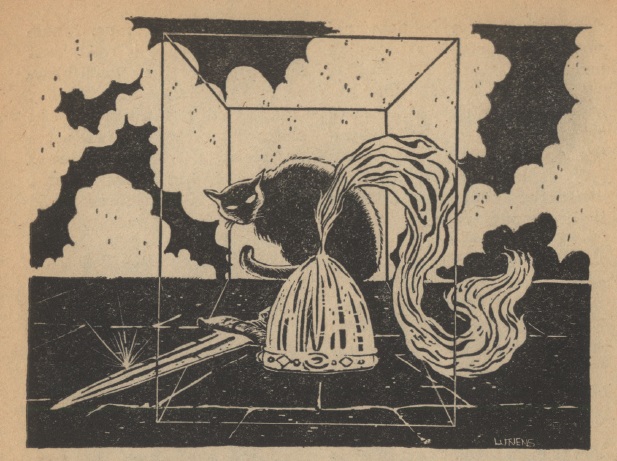
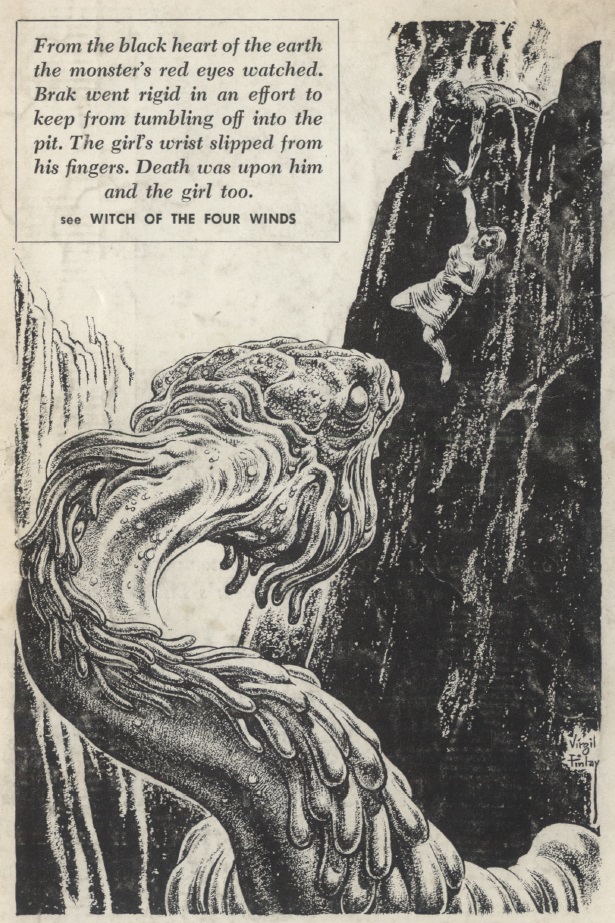

![[October 22, 1963] A Whole New Fantasy (Andre Norton's <i>Witch World</i>)](https://galacticjourney.org/wp-content/uploads/2018/10/631022cover-400x372.jpg)





